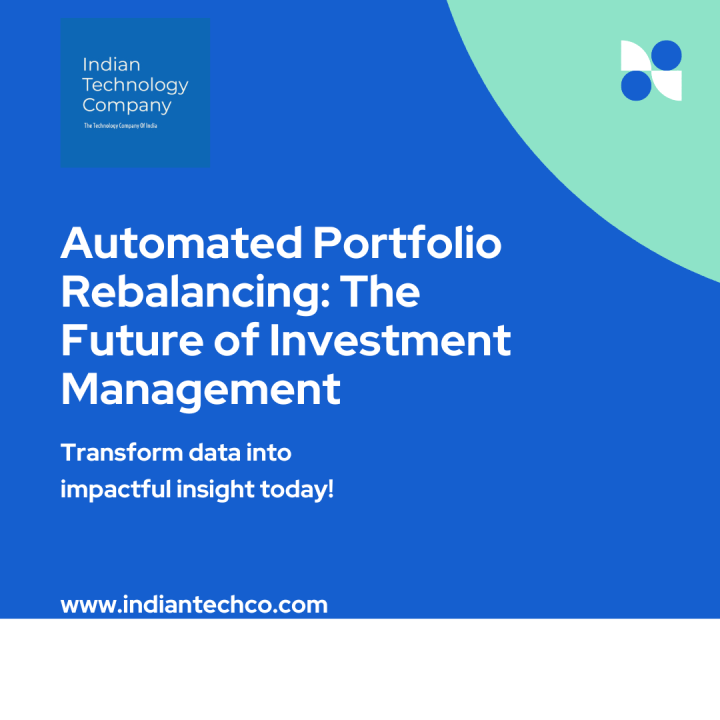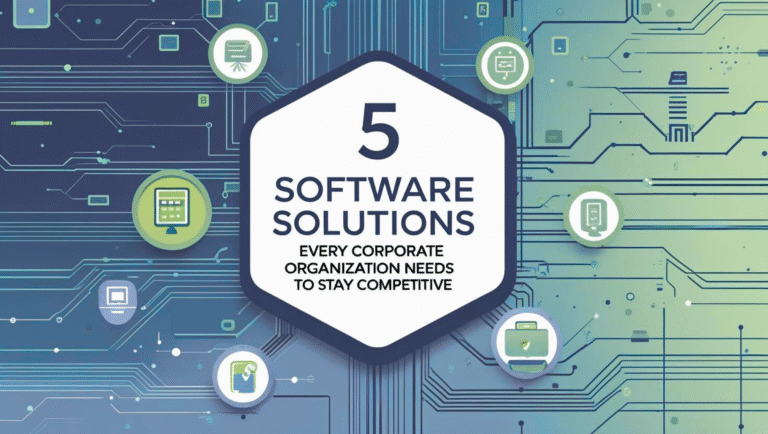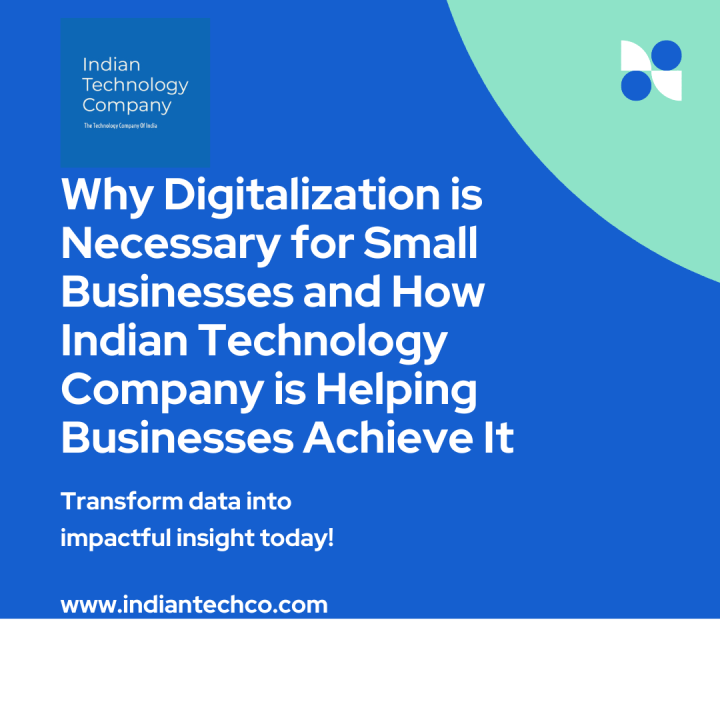Harnessing Big Data for Predictive Analytics in Healthcare
In the rapidly evolving landscape of healthcare, the integration of big data and predictive analytics is revolutionizing patient care, operational efficiency, and medical research. As healthcare systems worldwide grapple with challenges such as increasing patient loads, rising costs, and the need for personalized care, big data emerges as a game-changer, offering insights and foresights that were previously unattainable. This article explores how harnessing big data for predictive analytics is transforming healthcare, with a focus on its benefits, applications, and future potential.
The Power of Big Data in Healthcare
Big data in healthcare refers to the vast amounts of data generated from various sources, including electronic health records (EHRs), medical imaging, wearable devices, genomic sequencing, and even social media. The sheer volume, variety, and velocity of this data make it a valuable resource for deriving actionable insights. Predictive analytics leverages this data to forecast future events, trends, and behaviors, enabling proactive decision-making and improved patient outcomes.
Key Benefits of Predictive Analytics in Healthcare
- Early Disease Detection and Prevention: Predictive analytics can identify patterns and risk factors associated with various diseases, enabling early intervention and prevention. For instance, analyzing patient data can help predict the likelihood of chronic conditions such as diabetes or heart disease, allowing for timely lifestyle modifications and treatments.
- Personalized Treatment Plans: By analyzing genetic, clinical, and lifestyle data, predictive analytics can help create personalized treatment plans tailored to individual patients. This approach enhances the effectiveness of treatments and reduces the likelihood of adverse reactions.
- Operational Efficiency: Healthcare providers can use predictive analytics to optimize resource allocation, manage patient flow, and reduce wait times. For example, predictive models can forecast patient admissions, enabling hospitals to better manage staffing and bed availability.
- Improved Patient Outcomes: Predictive analytics can identify patients at high risk of complications or readmissions, allowing for targeted interventions. This proactive approach improves patient outcomes and reduces healthcare costs by preventing unnecessary hospitalizations.
- Advancements in Medical Research: Big data accelerates medical research by providing large datasets for analysis. Researchers can identify new drug targets, understand disease mechanisms, and develop innovative treatments more efficiently.
Applications of Predictive Analytics in Healthcare
- Chronic Disease Management: Predictive models analyze patient data to identify those at risk of chronic diseases. For instance, a predictive algorithm can analyze EHR data to identify patients at high risk of developing diabetes, enabling early intervention and lifestyle changes.
- Hospital Readmission Prevention: Predictive analytics can identify patients at high risk of readmission, allowing healthcare providers to implement targeted care plans and follow-up procedures. This reduces readmission rates and associated costs.
- Emergency Department (ED) Optimization: Predictive analytics can forecast ED patient volumes, helping hospitals manage staffing levels and reduce wait times. This ensures that patients receive timely care, improving overall satisfaction and outcomes.
- Precision Medicine: By integrating genomic data with clinical data, predictive analytics can identify the most effective treatments for individual patients. This approach is particularly beneficial in oncology, where personalized treatments can significantly improve survival rates.
- Public Health Surveillance: Big data enables real-time monitoring of disease outbreaks and the spread of infectious diseases. Predictive models can forecast disease spread patterns, helping public health officials implement timely interventions and containment measures.
The Future of Predictive Analytics in Healthcare
The future of predictive analytics in healthcare holds immense promise. As technology advances and more data becomes available, predictive models will become increasingly accurate and sophisticated. Key trends to watch include:
- Integration of AI and Machine Learning: Advanced AI algorithms will enhance predictive models, enabling more precise predictions and personalized interventions.
- Expansion of Wearable Devices: The proliferation of wearable devices will provide continuous health monitoring data, offering real-time insights into patient health and enabling timely interventions.
- Collaboration Across Sectors: Increased collaboration between healthcare providers, technology companies, and researchers will drive innovation and accelerate the development of predictive analytics solutions.
- Regulatory and Ethical Considerations: As predictive analytics becomes more prevalent, ensuring data privacy, security, and ethical use will be paramount. Regulatory frameworks will need to evolve to address these challenges.
Conclusion
Harnessing big data for predictive analytics is transforming healthcare by enabling early disease detection, personalized treatments, and improved operational efficiency.As the healthcare industry continues to embrace data-driven approaches, the future looks promising, with predictive analytics poised to play a pivotal role in delivering better health outcomes for all.







J77Slot, a slot site. Hope to find some spinning action. Can’t wait to try out those reels! Hit those reels here: j77slot